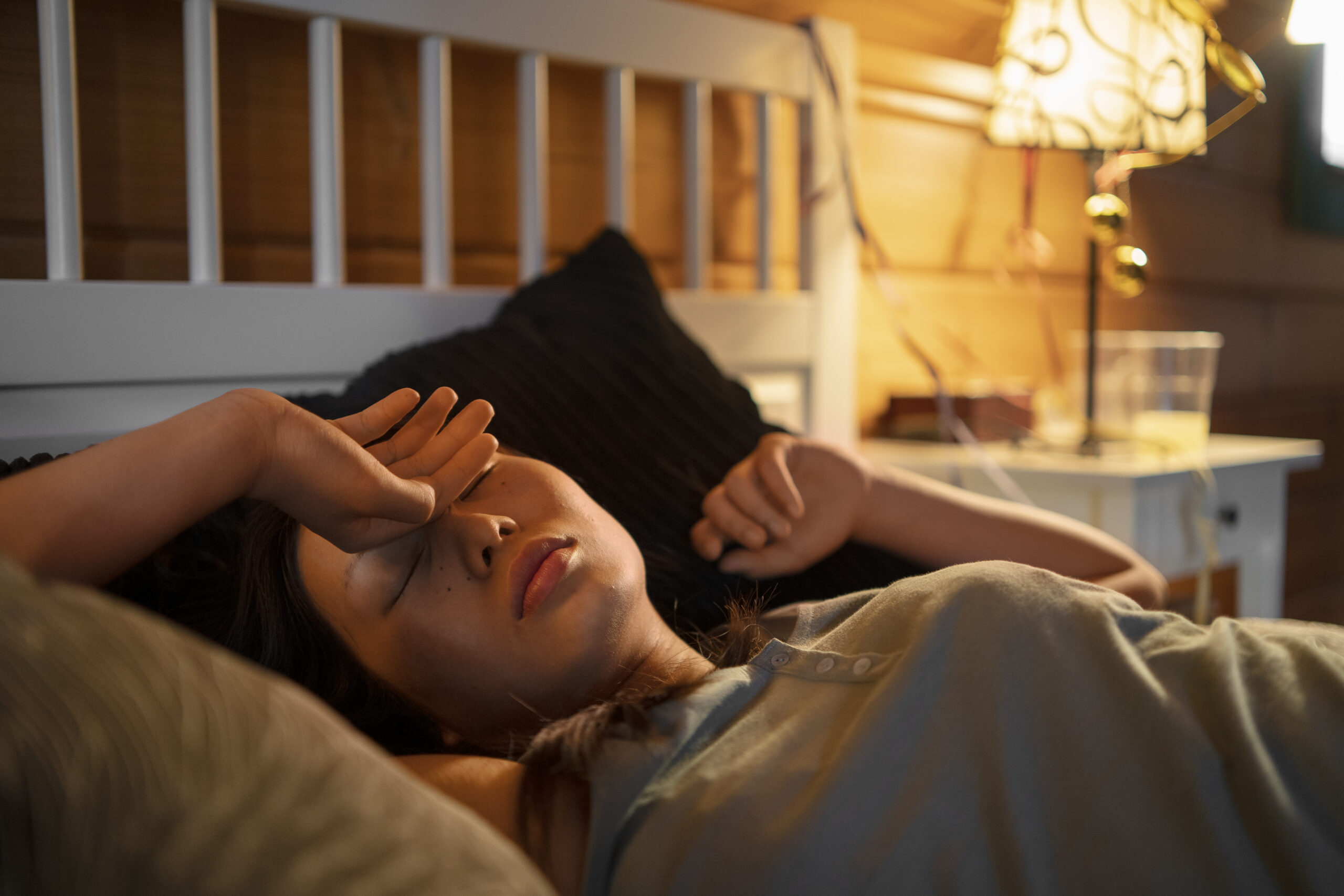How to Sleep Better When Stressed: 10 Effective Tips for Restful Nights
How to Sleep Better When Stressed
Sleep is one of the most important aspects of overall health, but stress often makes it difficult to get enough rest. Many people toss and turn at night, replaying the day’s worries or worrying about tomorrow. The good news is that there are practical strategies that can help you manage anxiety and enjoy deeper rest. If you are looking for how to sleep better when stressed, this guide will walk you through proven tips and lifestyle changes.
Why Stress Affects Sleep
Stress triggers the release of cortisol, a hormone that keeps the body alert and ready for action. While this is helpful in emergencies, too much cortisol at night interferes with the natural sleep cycle. Over time, poor sleep increases irritability, weakens the immune system, and makes stress harder to manage. This cycle often leaves people wondering how to sleep better when stressed, but the answer lies in both mental and physical adjustments.
1. Create a Calming Night Routine
Establishing a relaxing pre-sleep ritual signals to your body that it is time to rest. Avoid screens at least an hour before bed, and instead choose calming activities like reading, stretching, or listening to soothing music. By repeating the same routine each evening, you train your brain to wind down, which is one of the simplest ways to learn how to sleep better when stressed.
2. Practice Deep Breathing and Meditation
Stress often causes racing thoughts. Deep breathing exercises and meditation can calm the nervous system and lower heart rate. For example, try the 4-7-8 breathing technique: inhale for 4 seconds, hold for 7, and exhale for 8. Practicing mindfulness for just 10 minutes daily can significantly improve sleep quality. This is a powerful method if you’re exploring how to sleep better when stressed naturally.
3. Limit Caffeine and Alcohol
Many people rely on coffee or energy drinks to power through a stressful day, but caffeine lingers in the body for hours, disrupting nighttime rest. Similarly, alcohol may make you feel sleepy at first, but it interferes with deep sleep cycles. Reducing these substances, especially in the evening, supports healthier sleep. Making this change is a key step in understanding how to sleep better when stressed.
4. Optimize Your Sleep Environment
Your bedroom should feel like a sanctuary. Keep the room cool, dark, and quiet. Invest in comfortable bedding and consider blackout curtains or a white-noise machine if outside distractions disturb your rest. A peaceful environment plays a huge role in how to sleep better when stressed, as it helps the body associate the bedroom with calmness and rest.
5. Write Down Your Worries
One effective strategy is journaling before bed. Spend 10 minutes writing down your thoughts, worries, or tasks for the next day. This simple habit clears mental clutter, reduces overthinking, and prepares your mind for rest. For anyone seeking practical solutions on how to sleep better when stressed, journaling is a low-cost and effective technique.
6. Stay Active During the Day
Regular physical activity lowers cortisol levels and improves sleep quality. Even a 30-minute walk in the morning or afternoon helps release tension and boosts mood. Exercise does not need to be intense to be effective; consistency is what matters. Incorporating movement into your daily routine is an underrated yet powerful way to master how to sleep better when stressed.
7. Practice Gratitude
When stress is overwhelming, focusing on positive aspects of life can help shift your mindset. Writing down three things you are grateful for each evening creates a calming effect and reduces anxiety. Studies show gratitude practices improve both mental health and sleep quality, making them an important tool for anyone learning how to sleep better when stressed.
8. Reduce Screen Time Before Bed
The blue light from phones and laptops interferes with melatonin production, the hormone that regulates sleep. By turning off screens at least an hour before bedtime, you give your body a chance to naturally prepare for rest. Instead of scrolling, consider reading a book or doing light stretches. This simple change is essential in strategies for how to sleep better when stressed.
9. Seek Professional Help When Needed
Sometimes stress and insomnia signal deeper issues such as anxiety disorders, depression, or chronic health problems. If sleep troubles continue despite lifestyle changes, consulting a healthcare professional is wise. Therapy, counseling, or medical advice can provide more tailored solutions. Professional guidance can play an important role in learning how to sleep better when stressed over the long term.
10. Be Patient with Yourself
Improving sleep habits takes time. Stressful periods are part of life, and it is normal to experience occasional restless nights. By consistently applying the techniques above, you can gradually restore balance and restfulness. Patience is essential when learning how to sleep better when stressed, because progress often comes in small but steady steps.
Final Thoughts
Quality sleep is a cornerstone of good health, yet stress often makes it hard to relax at night. By adopting calming routines, practicing mindfulness, reducing stimulants, and creating a restful environment, you can improve your chances of sleeping well. If you have been asking yourself how to sleep better when stressed, the key lies in building healthy habits that support both body and mind. Over time, these changes not only enhance sleep but also strengthen resilience against everyday challenges.














Post Comment